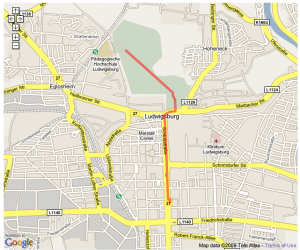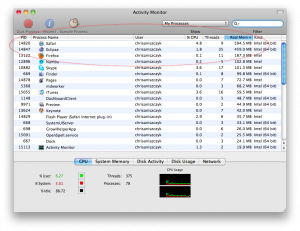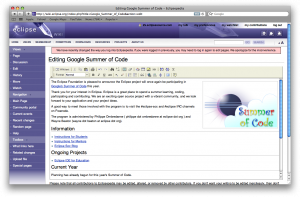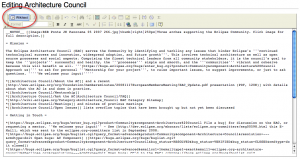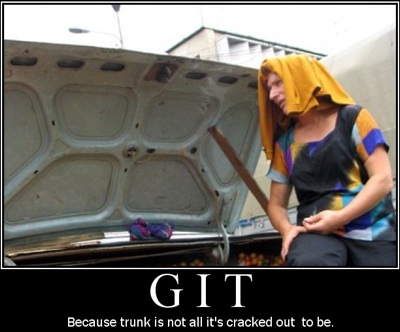At this time of year within the Eclipse community, a lot of reflection goes on as we just shipped a major release. Personally, I have been reflecting on a statement from an article:
…the strength of Mozilla, for example, is that it has figured out how to enable 40 percent of its development to be done by outside contributors. The downside is that these contributors are techies, but the upside is that they’re techies who add language packs, accessibility features, and other “niche” areas that Mozilla might otherwise struggle to deliver.
This suggests a start: enable your open-source project to accept meaningful outside contributions that make the project reflective of a wider development community.
But the real goldmine is broadening the definition of “developer” to include lay users of your software. The day that I, as a nontechnical software user, can meaningfully participate in an open-source project is the day that open source will truly have won.
What has Eclipse done to broaden the definition of a developer?
As Bjorn Freemen-Benson wrote, Eclipse enabled people to contribute translations via the Babel project. The Babel project is setup to accept translation contributions in 34 languages for about 40+ Eclipse projects. As a matter of fact, Babel had a recent release where there were some positive statistics on how translations are coming along.
What else? How about improving our documentation process?
I’m fond of what the Mylyn project does with its documentation. The Mylyn User Guide is crowdsourced via the Eclipsepedia wiki. This enables the Mylyn team to leverage their user community to help contribute documentation and have it appear in the official help documentation. As far as I know, the Mylyn project is currently the only Eclipse project doing this.
How about interacting with talented artists within our user community? I griped about this awhile ago. I had an idea about creating a GraphicsZilla where people can submit requests for graphics and having things tracked… just like we do with bugs!
Also, how about us making it easier for users to file bugs? My ideal would be to see some type of feedback agent included in Eclipse to facilitate users filing bugs. I think we have come a long way with Mylyn integration in Ecilpse… there’s some just loose ends that need to be tied up to make the experience even easier for users.
Other than that… that’s all that comes out of my head at the moment.
In my opinion, we have a great community… we just need to figure out how to leverage it more.

What do you think Eclipse can do to broaden the definition of a developer?
As a Eclipse committer, it’s hard for me to put myself in the perspective of a user… but I try 😉





